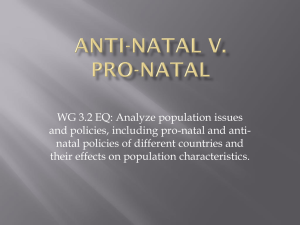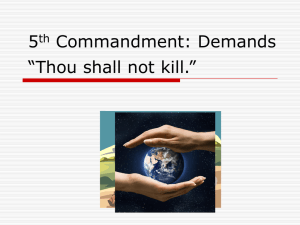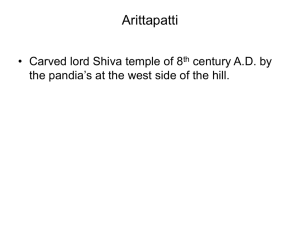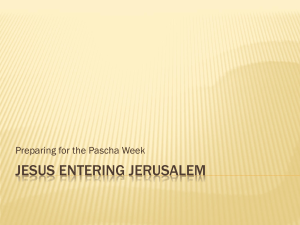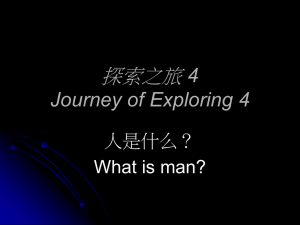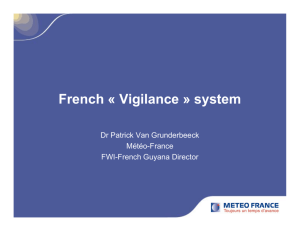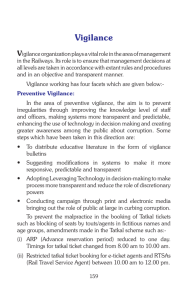NAME: St. Bart`s DENM: Mainline AREA: Manhattan (Midtown
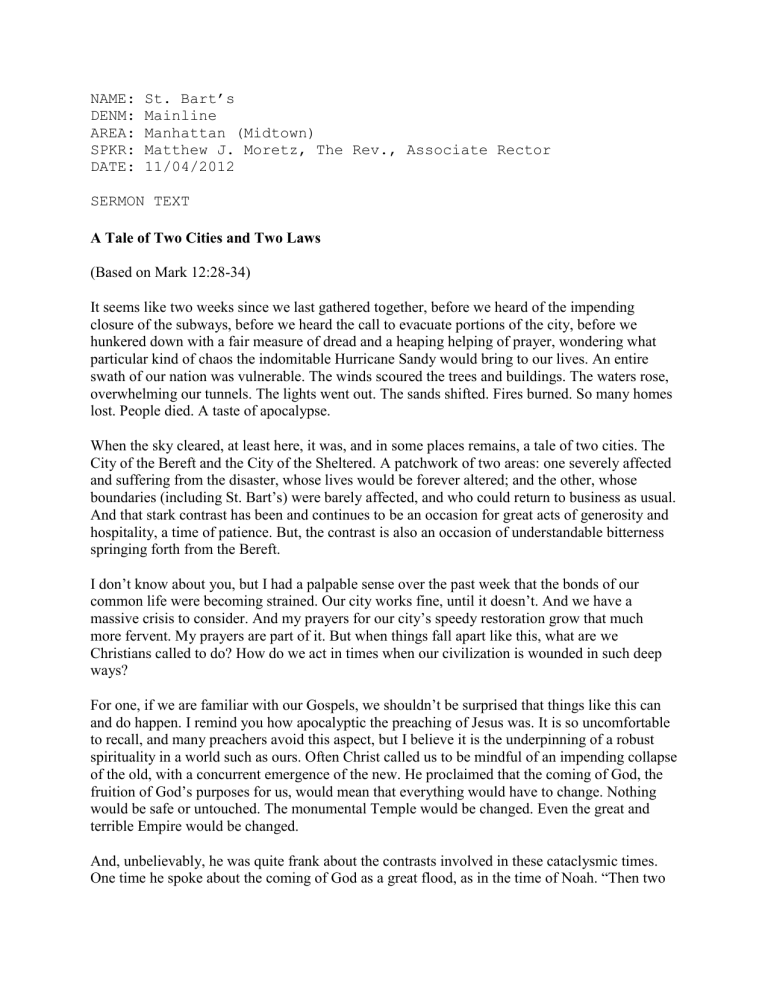
NAME: St. Bart’s
DENM: Mainline
AREA: Manhattan (Midtown)
SPKR: Matthew J. Moretz, The Rev., Associate Rector
DATE: 11/04/2012
SERMON TEXT
A Tale of Two Cities and Two Laws
(Based on Mark 12:28-34)
It seems like two weeks since we last gathered together, before we heard of the impending closure of the subways, before we heard the call to evacuate portions of the city, before we hunkered down with a fair measure of dread and a heaping helping of prayer, wondering what particular kind of chaos the indomitable Hurricane Sandy would bring to our lives. An entire swath of our nation was vulnerable. The winds scoured the trees and buildings. The waters rose, overwhelming our tunnels. The lights went out. The sands shifted. Fires burned. So many homes lost. People died. A taste of apocalypse.
When the sky cleared, at least here, it was, and in some places remains, a tale of two cities. The
City of the Bereft and the City of the Sheltered. A patchwork of two areas: one severely affected and suffering from the disaster, whose lives would be forever altered; and the other, whose boundaries (including St. Bart’s) were barely affected, and who could return to business as usual.
And that stark contrast has been and continues to be an occasion for great acts of generosity and hospitality, a time of patience. But, the contrast is also an occasion of understandable bitterness springing forth from the Bereft.
I don’t know about you, but I had a palpable sense over the past week that the bonds of our common life were becoming strained. Our city works fine, until it doesn’t. And we have a massive crisis to consider. And my prayers for our city’s speedy restoration grow that much more fervent. My prayers are part of it. But when things fall apart like this, what are we
Christians called to do? How do we act in times when our civilization is wounded in such deep ways?
For one, if we are familiar with our Gospels, we shouldn’t be surprised that things like this can and do happen. I remind you how apocalyptic the preaching of Jesus was. It is so uncomfortable to recall, and many preachers avoid this aspect, but I believe it is the underpinning of a robust spirituality in a world such as ours. Often Christ called us to be mindful of an impending collapse of the old, with a concurrent emergence of the new. He proclaimed that the coming of God, the fruition of God’s purposes for us, would mean that everything would have to change. Nothing would be safe or untouched. The monumental Temple would be changed. Even the great and terrible Empire would be changed.
And, unbelievably, he was quite frank about the contrasts involved in these cataclysmic times.
One time he spoke about the coming of God as a great flood, as in the time of Noah. “Then two
will be in the field; one will be taken and one will be left. Two women will be grinding meal together; one will be taken and one will be left. Keep awake therefore, for you do not know on what day your Lord is coming. But understand this: if the owner of the house had known in what part of the night the thief was coming, he would have stayed awake and would not have let his house be broken into. Therefore you also must be ready, for the Son of Man is coming at an unexpected hour.”
When Jesus preaches like this, with his grim forecasts, it is difficult to tell whether he is referring to a collapse of our cities and societies and how they work or to our personal spiritual lives and how they work, or anything in between. But there it is. Great changes are coming. It is the cost of the truth, and the erosion of false foundations.
Clear-eyed vigilance is an essential part of the Christian faith. Vigilance practical. And vigilance spiritual. Our wisdom is grounded again and again in the truth that the 100-year storms of every variety are real, that even 10,000-year storms are real (both personally and globally), and so we are called to keep our lamplights trimmed and burning. We are called to stand as sentinels, waiting for the mighty winds of the world’s chaos, but also for the mighty winds of God’s Spirit to call us to loving, dedicated and compassionate action when the unexpected hour comes.
We hear from Jesus today, his razor-sharp focus on the true governing principle of all that we seek to do in the world. Jesus is standing in the Temple, the center of his people’s civilization and hope, a Temple that is not long for this world, and he is asked by one of the scholars there what the greatest commandment is. Out of all that the Torah and the Temple clergy and the scribes and the Pharisees are calling us to do, this polyphonic miasma of moral guidance and teaching, can you simplify that? What is the most important thing?
They want the greatest one commandment. But he gives what looks like two. Really they are one. Bound by a living tether. The Twins of the True Law: The first: “Hear, O Israel: the Lord our God, the Lord is one; you shall love the Lord your God with all your heart, and with all your soul, and with all your mind, and with all your strength.” The second is this, “You shall love your neighbor as yourself.”
The great thing about this great commandment is that it fits every situation: adaptive and versatile, no rulebook could be more comprehensive or custom fit for each of our lives: the twins meet us at every station of life and in every complex circumstance. The love of God and the love of neighbor, these twins (practically conjoined, really), will guide us in the face of every storm, if we but follow their lead. They may lead us into places that we wish not to go. We may be called to radical stubbornness. Or alarming flexibility. We may be called to stake out our ground or find drier pastures. These twins call out to us. Calling us from our slumber, from our shelter, and from our darkness. The twins call out to us. In a world where temples fall, cities drown, and God is crucified, we strain to hear their voices: keeping watch, keeping awake, keeping the light burning.
For it is in our openness to the true and adaptable law of love, and in our vigilance in light of the changes and chances of this world, that we blur the jarring boundary of the Sheltered and the
Bereft, we blur the boundary of heaven and earth: bringing compassion and connection and grace
to a world that is starving for it, starving for the presence of the divine among the broken. May we serve as that presence, the saints of God in our time.



